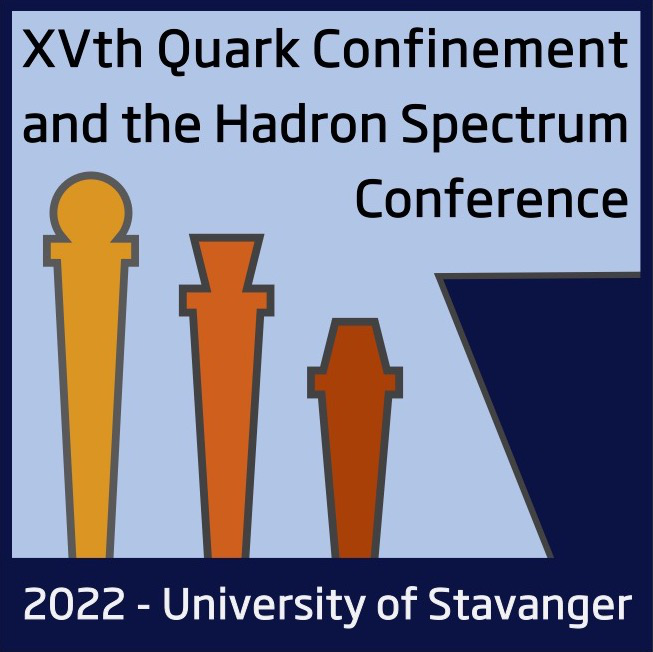Speaker
Description
We compute the QCD static force and potential using gradient flow at next-
to-leading order in the strong coupling. The static force is the spatial derivative of the
static potential: it encodes the QCD interaction at both short and long distances. While
on the one side the static force has the advantage of being free of the O(ΛQCD) renormalon
affecting the static potential when computed in perturbation theory, on the other side its
direct lattice QCD computation suffers from poor convergence. The convergence can be
improved by using gradient flow, where the gauge fields in the operator definition of a given
quantity are replaced by flowed fields at flow time t, which effectively smear the gauge fields
over a distance of order t^(1/2), while they reduce to the QCD fields in the limit t → 0. Based on our next-to-leading order calculation, we explore the properties of the static force for arbitrary values of t, as well as in the t → 0 limit, which may be useful for lattice QCD studies.

